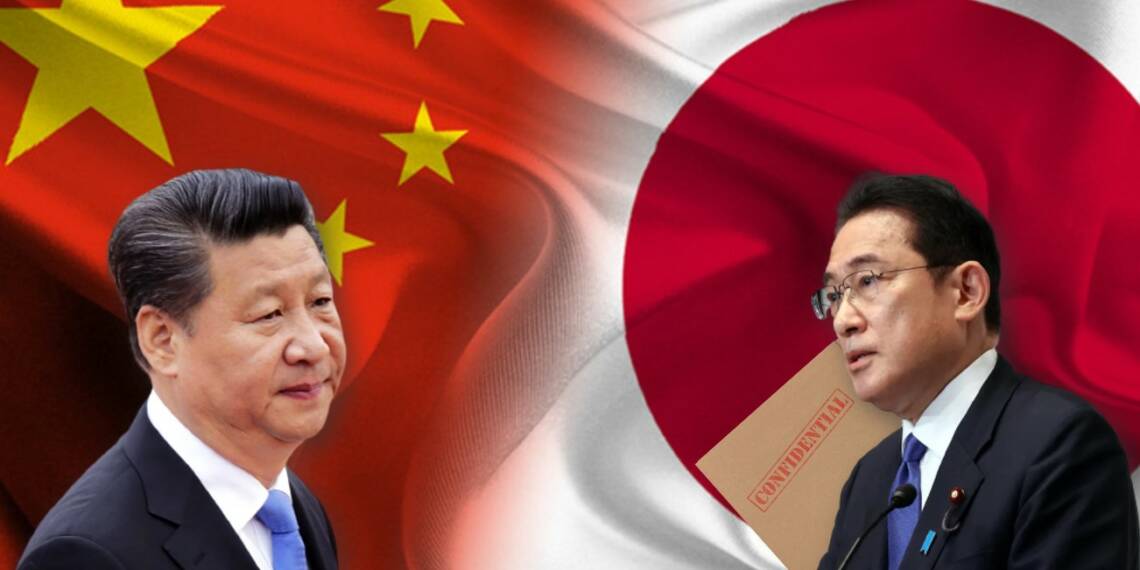Japan does not relent. When it comes to punishing China for its belligerence and expansionist tendencies, Japan leads the way for all countries. Whether it be wooing companies out of China by providing them with massive incentives or vouching to support Taiwan in case of a Chinese invasion – Japan has done it all. Currently, Japan is waging an all-pervasive economic offensive against the red rogue nation. To add to it, Tokyo has come with a new plan now. Prime Minister Fumio Kishida had only last month declared that Japan’s economic security would be a policy priority for his government. Now, China is about to suffer big time because of the Japanese government’s resolve.
According to Nikkei Asia, the Japanese government will introduce legislation to keep patents with potential military applications secret, compensating companies and applicants for forgone licensing income. Patents deemed a national security risk if made public will remain undisclosed, with applicants barred from filing overseas as well. The report highlighted how patents dealing with technology that can help develop nuclear weapons, such as uranium enrichment, and cutting-edge innovations, including quantum technology, will be reviewed under the proposed economic security legislation.
The economic security legislation includes measures to review equipment purchases by large operators of core infrastructure including telecommunication networks and power grids, as well as financial companies. So, Japan is also ensuring that while its own technologies do not find their way into Chinese hands, invasive technologies from China do not enter Japan and its critical sectors.
Now, here’s the deal. Japan’s move is bold, but it comes with a cost for companies. Japanese companies earn big money by licensing their patented products and technologies to companies around the world. For example, a Japanese company that has patented nuclear technology can license the said technology to companies around the globe and earn what is known as a licensing fee. With Japan’s new policy to review every technology transfer and stop transfers of critical technologies from one company to the other, Japanese firms are set to lose out financially.
But unlike Xi Jinping, Prime Minister Fumio Kishida is not an anti-business tyrant. So, the Japanese government will compensate companies with roughly 20 years-worth of licensing income, based on comparable patents. Apart from the transfer of technologies, the Japanese government’s economic security legislation includes the supply chain initiative, which will play a pivotal role in ensuring a stable supply of semiconductors, pharmaceuticals, precious metal ores and large magnets. Companies which submit plans to conform to the same will be eligible for government subsidies.
China has little to no talent to account for, and an intense scarcity of indigenous technologies. Technologies developed by China have proven to be failures of unprecedented proportions. So, China relies on foreign technologies to build its products – whether they be from the military, nuclear, electronic, aviation or automobile sectors.
Much of these technologies trace their origin to Japan. China has historically had a number of spies, mostly students, placed in Japan. These student-spies steal critical technologies from Japan and transfer them to China. Tokyo has cracked down on these student spies, but when it comes to stealing critical technologies, China is an innovative nation.
Read More: Japan launches war on China’s inept student spies
So, it makes sense for Japan to stop leakage of such technology from the very source, which is why it is now going to review the transfer of technologies from one company to the other. Beginning 2023, it will become extremely difficult for China to lay its dirty hands on Japanese technologies, as a result of which the Communist nation will begin unwinding in the most vivid of ways possible.








